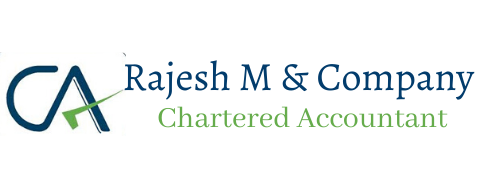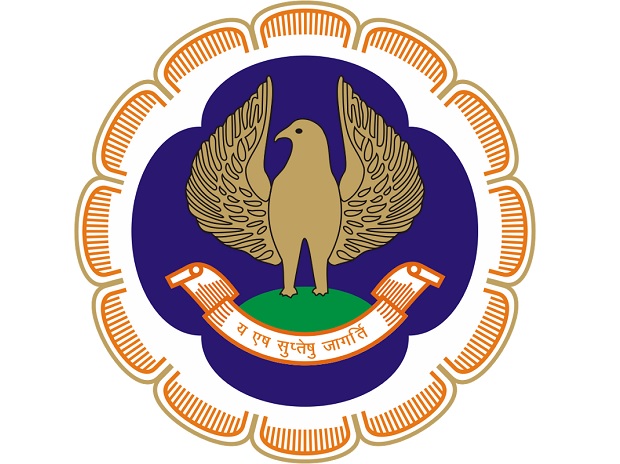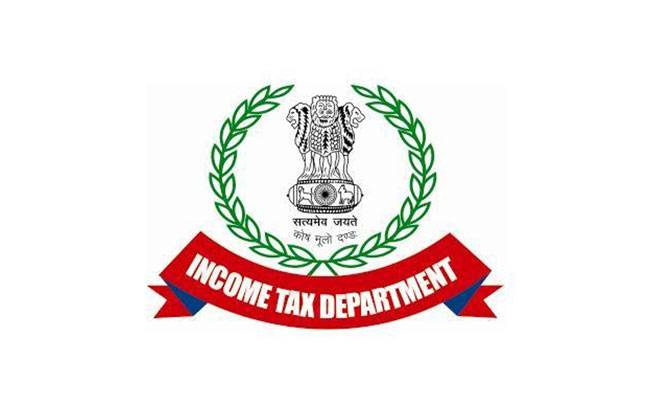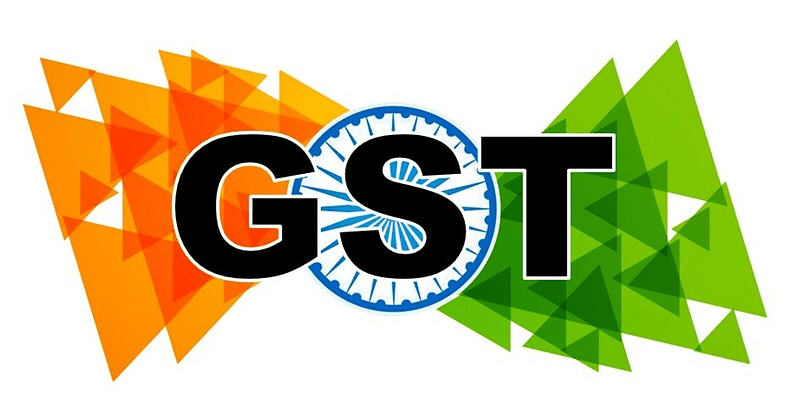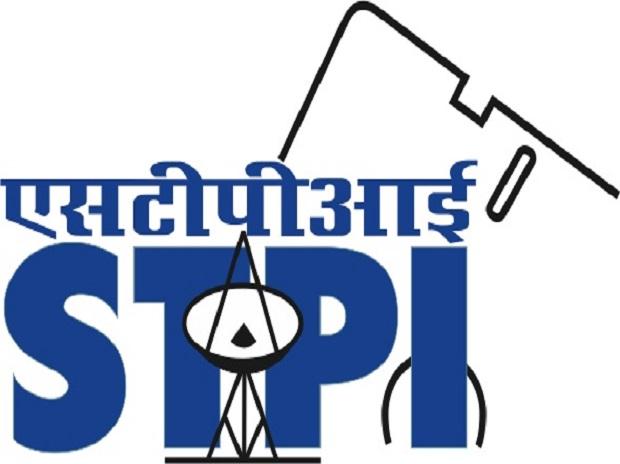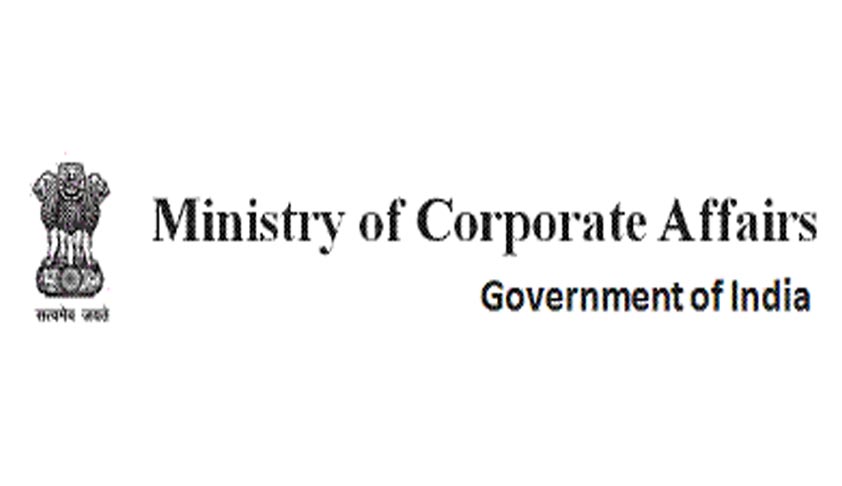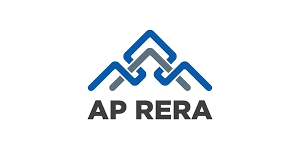Submit Your Query!
Tax Audit
There are various types of audits prescribed under different laws like company law requires a company audit, cost accounting law requires a cost audit, etc. The Income-tax Law requires the taxpayer to get the audit of the accounts of his business/ profession from the viewpoint of Income-tax Law.
Section 44AB gives the provisions relating to the class of taxpayers who are required to get their accounts audited from a chartered accountant. The audit under section 44AB aims to ascertain the compliance of various provisions of the Income-tax Law and the fulfillment of other requirements of the Income-tax Law. The audit conducted by the chartered accountant of the accounts of the taxpayer in pursuance of the requirement of section 44AB is called tax audit.
The chartered accountant conducting the tax audit is required to give his findings, observation, etc., in the form of the audit report. The report of the tax audit is to be given by the chartered accountant in Form Nos. 3CA/3CB and 3CD.
One of the objectives of the tax audit is to ascertain/derive/report the requirements of Form Nos. 3CA/3CB and 3CD. Apart from reporting requirements of Form Nos. 3CA/3CB and 3CD, a proper audit for tax purposes would ensure that the books of account and other records are properly maintained, that they truly reflect the income of the taxpayer, and claims for deduction are correctly made by him. Such an audit would also help in checking fraudulent practices. It can also facilitate the administration of tax laws by a proper presentation of accounts before the tax authorities and considerably save the time of Assessing Officers in carrying out routine verifications, like checking the correctness of totals and verifying whether purchases and sales are properly vouched for or not. The time of the Assessing Officers saved could be utilized for attending to more important and investigational aspects of a case.
As per section 44AB, the following persons are compulsorily required to get their accounts audited :
- A person carrying on business, if his total sales, turnover or gross receipts (as the case may be) in business for the year exceed or exceeds Rs. 1 crore. This provision is not applicable to the person, who opts for presumptive taxation scheme under section 44AD and his total sales or turnover doesn’t exceed Rs. 2 crores.
Note: w.e.f. Assessment Year 2020-21, the threshold limit, for a person carrying on business, is increased from Rs. 1 Crore to Rs. 5 crore in a case when cash receipt and payment made during the year does not exceed 5% of total receipt or payment, as the case may be. In other words, more than 95% of the business transactions should be done through banking channels.
- A person carrying on profession, if his gross receipts in profession for the year exceed Rs. 50 lakhs.
- An assessee who declare profit for any previous year under section 44AD and he decreases profit for any of one 5 assessment year relevant to the previous year succeeding such previous year lower than the profit computed as per section 44AD and his income exceeds the amount which is not chargeable to tax.
- If an eligible assessee opts out of the presumptive taxation scheme, within the aforesaid period, he cannot choose to revert to the presumptive taxation scheme for a period of five assessment years thereafter.
(*) For provisions of section 44AD refer tutorial on “Tax on presumptive basis in case of certain eligible business”.
- A person who is eligible to opt for the presumptive taxation scheme of section 44ADA (*) but he claims the profits or gains for such profession to be lower than the profit and gains computed as per the presumptive taxation scheme and his income exceeds the amount which is not chargeable to tax.
Penalty
According to section 271B, if any person who is required to comply with section 44AB fails to get his accounts audited in respect of any year or years as required under section 44AB or furnish such report as required under section 44AB, the Assessing Officer may impose a penalty. The penalty shall be lower of the following amounts:
(a) 0.5% of the total sales, turnover or gross receipts, as the case may be, in business, or of the gross receipts in profession, in such year or years.
(b) Rs. 1,50,000.
However, according to section 271B, no penalty shall be imposed if reasonable cause for such failure is proved.
UseFul links
- GST-Goods and Services Tax
- Incom Tax Dept.
- Central Board of Excise & Customs
- E-Tax Information Network
- Ministry of Company Affairs
- Employees Provident Fund
Contact Us
Doyen Square, 3-6-209, Flat-3C, Opp. Hotel Central Park, Hyderguda Road, Avanti Nagar, Himayat Nagar Hyderabad Telangana 500029.
Mobile No:+919963982500/8885998833
Email Id: rajeshmavoori@gmail.com
